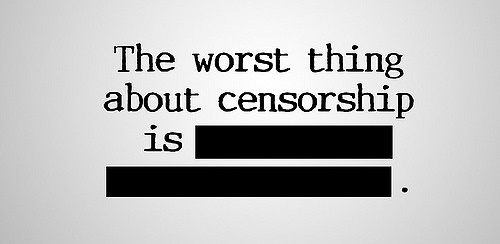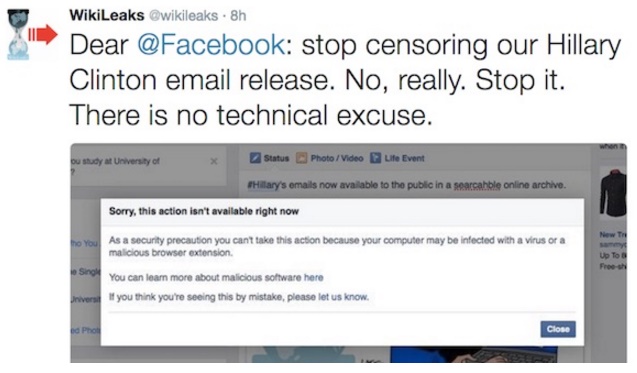(ANTIMEDIA) Belgian police are warning users not to use the Facebook Reactions feature to respond to posts if they want to protect their privacy. In February, the series of six emoticons, allowing users to express a range of emotions from anger to love, were added to the original thumbs-up option. They came in response to calls for a ‘Dislike’ button.
However, the new expressions are another big ‘like’ for Facebook and a ‘dislike’ for its users — according to Belgian police who claim the site is using them as a way to collect information on people to target advertising toward them. In a statement released on their official website on Wednesday, the Belgian force warned people to avoid using the series of emoticons if they want to preserve their privacy.
The statement on the police website reads, “The icons help not only express your feelings, they also help Facebook assess the effectiveness of the ads on your profile.” It adds, “One more reason not to click if you want to protect your privacy.”
The statement warns that users are simply a ‘product’ to Facebook, claiming their reactions to posts are helping the social networking giant build up a profile of them. As a result of the profiling, the site will target ads it thinks users will be more receptive to based on how they are reacting to specific posts at the time.
“By limiting the number of icons to six, Facebook is counting on you to express your thoughts more easily so that the algorithms that run in the background are more effective,” the police said. “By mouse clicks you can let them know what makes you happy.”
RELATED: Why Facebook Really Wants You to Use Its New Reaction Buttons
In short, the moment Facebook gauges that the user is in a good mood, it will cash in on that by showing them an ad.
It’s no secret Facebook’s growth is fuelled by advertising. In 2015, the company received 96.5% of its revenue from ads, which generated a staggering $17.08 billion in revenue. Just days after former Facebook employees accused the platform of censoring stories while pushing others, few will be surprised to learn the marketing champion has seized another opportunity to do what it does best — collect more information on its users.
This article (Here’s Why You Shouldn’t Use Facebook’s Reactions Buttons) is free and open source. You have permission to republish this article under a Creative Commons license with attribution to Michaela Whitton and theAntiMedia.org. Anti-Media Radio airs weeknights at 11pm Eastern/8pm Pacific. Image credit: Droid Stuff. If you spot a typo, email edits@theantimedia.org


